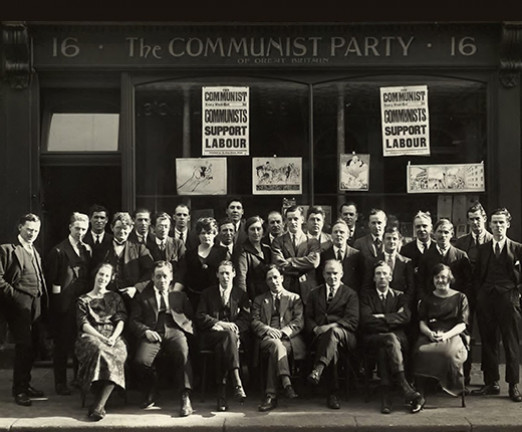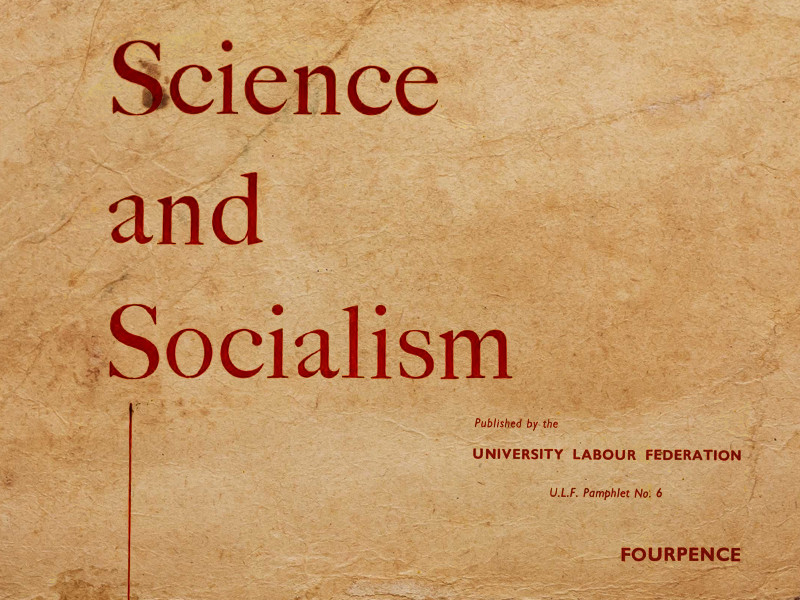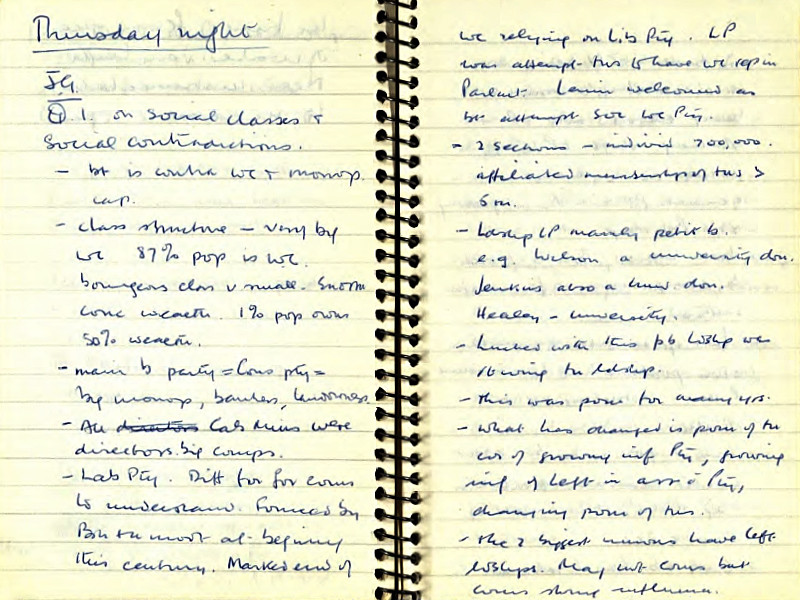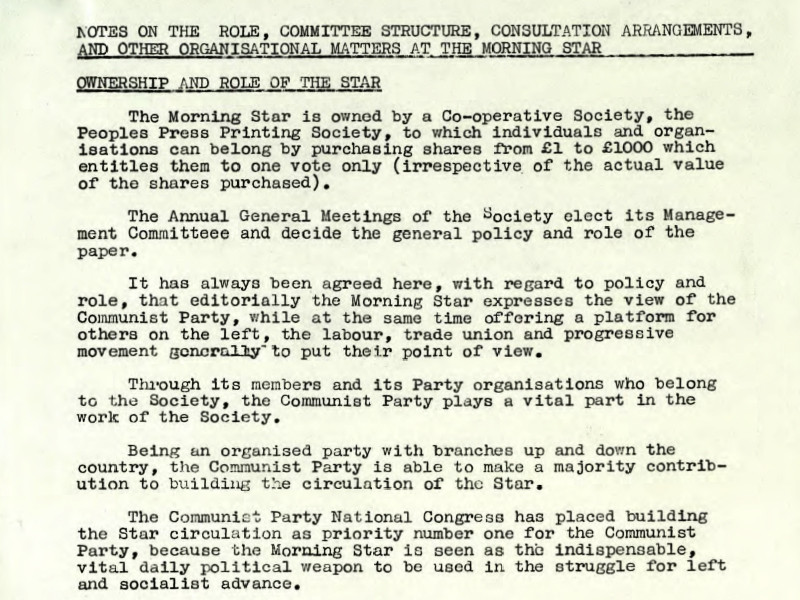
Science and Marxism, 1956–1985

The William Wainwright Papers
The [CPGB] archives contain by far the most important collection of personal papers relating to British communism.University of Manchester
Access the full collection
Access the full archive of Science and Marxism, 1956–1985.
Institutional Free Trial
Start your free trialRegister for a free 30-day trial of Science and Marxism, 1956–1985, for your institution.
Institutional Sales
Visit Sales PagesellFor more information on institutional access, visit our sales page.
Already have a license? Sign in.
Learn more about the relationship between Marxism and modern science

William Wainwright (1908–2000) was a British communist activist and member of the Communist Party of Great Britain (CPGB). During his time in the party, Wainwright briefly served as the secretary of the British Soviet Society and was heavily involved in the peace movement of the 1950s and 1960s. He is perhaps most well-known, however, for his writings on the concept of scientific socialism.
This collection contains records regarding Wainwright’s time on the CPGB’s Science and Technology Sub-Committee and as the science correspondent for the Morning Star. It also includes Wainwright's personal reflections on subjects as diverse as the Vietnam War, public transportation policy, and the relevance of the dictatorship of the proletariat.
The materials provide scholars with a unique insight into the complicated relationship between Marxist thought and modern science.
The collection is accompanied by three contextual essays written by Professor Kevin Morgan, a senior academic at the University of Manchester.
Contents

Highlights

Licensed to access Lecture notes on science and Marxism, c. 1964.

Licensed to access Research papers from the Science and Technology Sub-Committee, 1964-1968
Insights
- Early Marxist thinkers claimed that their political and economic theories were informed by science and the scientific method. Karl Marx's materialist conception of history, for instance, suggested that human development was scientifically determined to pass through a series of epochs, ultimately culminating in a worldwide communist society.
Science and socialism were therefore not just seen as complementary to one another, but rather as one and the same. Indeed, Friedrich Engels went so far as to state that socialism was a branch of science.
- William Wainwright joined the CPGB in 1931. He gradually built up a formidable reputation among its members and leadership, going on to hold several key positions on the party's executive body. His prominence was reinforced in 1973, when CPGB general secretary John Gollan chose Wainwright to accompany him on a visit to North Vietnam.
- Wainwright also served on the party's Science and Technology Sub-Committee, which was created to “inform and advise the Executive Committee on policy matters arising from developments in the field of science".
The collection also covers Wainwright’s fruitful media career at the Morning Star, where he held a number of roles, including assistant editor and science correspondent. Wainwright's obituary in The Guardian observed that "no one could have worked harder or with more dedication at the Morning Star, putting in excessively long hours for a pittance".
In the mid-1980s, at the height of the CPGB’s factional disputes, Wainwright was dismissed from the Morning Star after being accused of attempting to influence shareholders to support the CPGB Executive Committee's proposals. After an outcry he was reinstated, remaining in the party until 1991, when it dissolved into the Democratic Left.
Unlock Historical Research for Your Institution
Provide your students and researchers with direct access to unique primary sources.
Related Media


The Departments of the Communist Party of Great Britain: A Detailed Guide Contextual Essays









